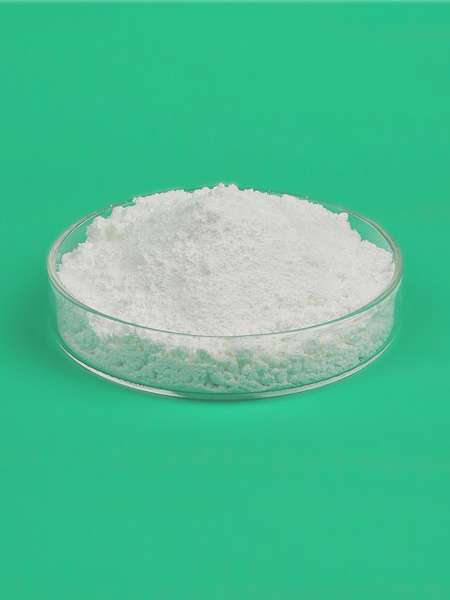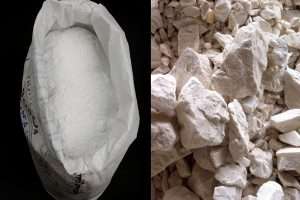Barium sulfate (BaSO₄) is one of the most important barium compounds, known for its white crystalline appearance, high specific gravity, and excellent chemical stability. Due to its unique physical and chemical properties, precipitated barium sulfate is extensively used in a variety of industries—from oil and gas to coatings, plastics, paper, and medical diagnostics.
Key Industrial Applications of Precipitated Barium Sulfate
Oil and Gas Industry
Barium sulfate is a key additive in drilling fluids. Its high density enhances the mud weight, helping to control downhole pressure, prevent blowouts, and optimize drilling efficiency.
Paints and Coatings
Used as a white pigment and filler, barium sulfate improves corrosion resistance, durability, and optical properties in industrial coatings and decorative paints.
Plastics Industry
Incorporated into plastic compounds, barium sulfate enhances resistance to X-ray penetration—essential for manufacturing radiation shielding materials and protective components.
Paper Manufacturing
As a filler in high-quality paper, it improves brightness, whiteness, and printability.
Medical Imaging
Barium sulfate is widely used as a radiocontrast agent in X-ray imaging of the gastrointestinal tract. Its opacity to X-rays provides clear diagnostic contrast in radiology.
Rubber Industry
Used in rubber formulations to improve abrasion resistance and mechanical strength.
Electronics
In select applications, barium sulfate serves as an electrical insulator within electronic components.
Physical and Chemical Properties of Barium Sulfate Precipitate
- High specific gravity (~4.5 g/cm³)
- Excellent chemical resistance
- Insoluble in water
- Chemically inert (non-reactive)
- Strong X-ray absorption capability
Production of Barium Sulfate Precipitate
Barium sulfate occurs naturally as the mineral barite, which is processed through crushing, washing, and sometimes chemical purification. It can also be synthesized via controlled chemical precipitation for applications requiring high purity and controlled particle size.
Environmental and Safety Considerations
Due to its water insolubility and chemical stability, barium sulfate poses minimal environmental risk compared to other barium compounds. However, safe handling, proper storage, and responsible disposal remain essential.
Buying Guide: What to Consider Before Purchasing Precipitated Barium Sulfate
When sourcing industrial-grade barium sulfate, the following specifications are crucial:
- Purity: ≥98% for high-performance applications
- Particle size distribution: Impacts flow, opacity, and blending properties
- Whiteness & gloss: Important in paints and paper applications
- Oil absorption value: Affects performance in coatings and inks
- Moisture content: Should be below 0.5%
- pH level: Ideally neutral (~7); deviations may indicate impurities
- Certifications: Medical-grade material should comply with USP or EP standards
It is strongly recommended to request product samples before bulk purchasing to ensure compatibility with your specific application.
Price and Availability
Barium sulfate pricing depends on grade, particle size, purity, and intended use. High-purity grades for medical or advanced industrial use typically command a premium. Contact our sales team for specifications, samples, and competitive quotes.


